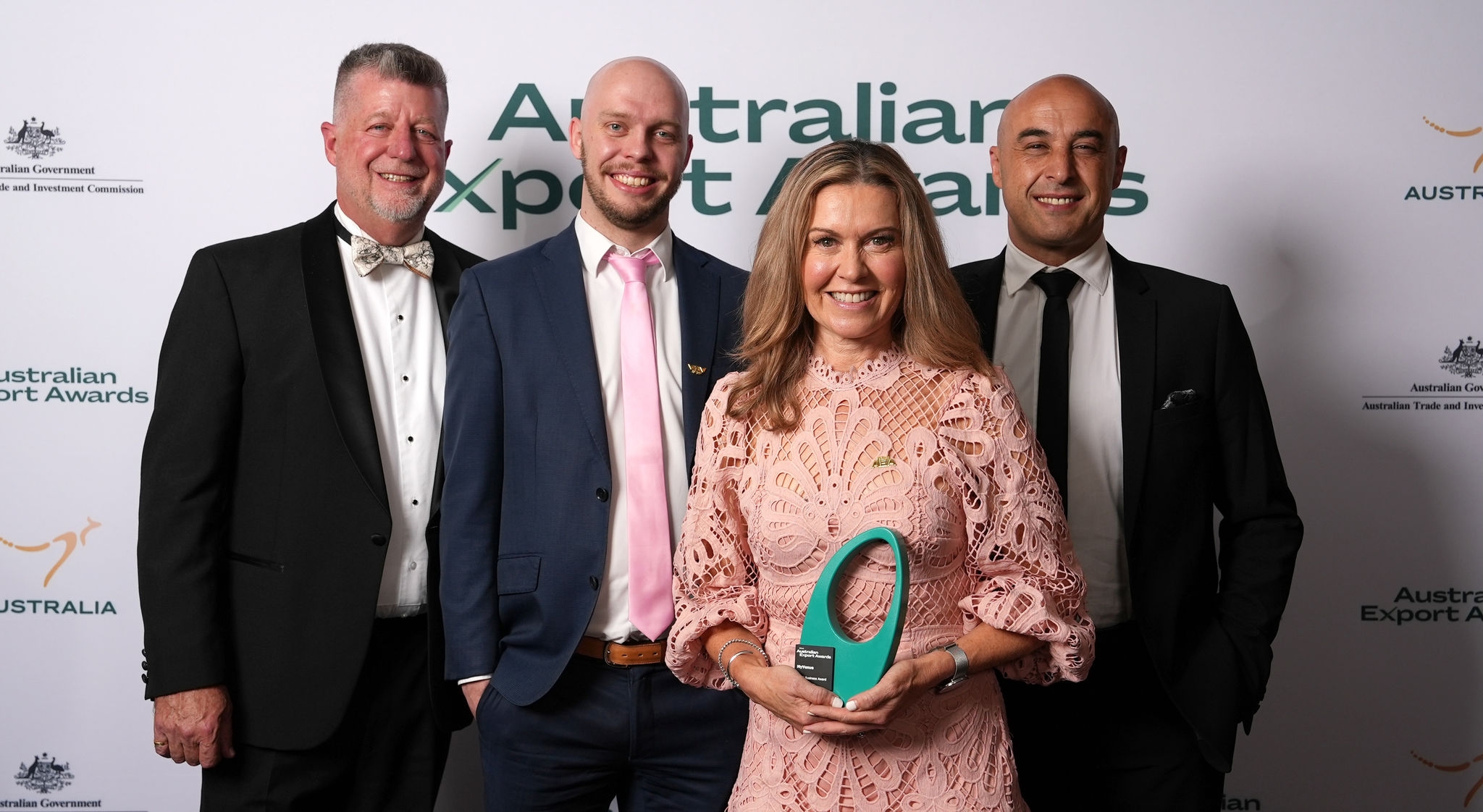Queensland agricultural producer confidence has retreated in the third quarter of the year, with concerns about rising input costs and a heightened risk of foot and mouth disease (FMD) highlighted as key concerns in the latest Rabobank Rural Confidence Survey.
Sentiment moved into negative territory for the first time since June 2020 – with more of the state’s producers now pessimistic than optimistic about prospects in the coming 12 months – following an extended period when high commodity prices and favourable seasonal conditions have kept rural confidence at high levels across Queensland.
However, business investment intentions among the state’s producers continue to be at solid levels, with 85 per cent looking to increase or maintain current spending on their farm businesses in the coming 12 months, albeit down from 93 per cent last quarter.
A total of 31 per cent were expecting business conditions to deteriorate in the year ahead, an increase on 18 per cent last quarter.
Of those Queensland producers expecting the agricultural economy to worsen, rising input costs and concerns about the heightened risk of FMD were the leading concerns – nominated by 41 per cent and 45 per cent of respondents respectively. Producers were also apprehensive about a possible downward drift in commodity prices, with 28 per cent identifying this as a worry.
This quarter, producers were specifically asked their views about the potential impacts of biosecurity risks on the Australian agribusiness sector, with 87 per cent of all Queensland respondents indicating they were extremely concerned about the biosecurity threat of FMD. Producers were also concerned about lumpy skin disease, Varroa mite and Japanese encephalitis.
Producers were, however, confident in the sector’s ability to manage a biosecurity threat within Australia – with 16 per cent of producers feeling extremely confident, 40 per cent very confident and 33 per cent confident.
Rabobank regional manager for North Queensland and the Northern Territory Trent McIndoe said while biosecurity concerns and ongoing high input costs were undoubtedly causes of concern for the state’s producers, the combination of reasonable seasonal conditions and strong commodity prices had sustained ag sector sentiment – and this was providing the confidence for producers to continue investing in their businesses.
Mr McIndoe said seasonal conditions remain mixed across much of the state – with northern areas being dry, which is “typical for this time of year” – while some areas of the Darling Downs are dealing with water-logged paddocks due to an extremely wet year.
“The prospect of a third La Nina weather system affecting Australia this summer presents a mixed bag for the Queensland ag sector – with cattle producers excitedly looking forward to receiving more rain – while cotton, grain and sugar producers are very aware of the challenges another extremely wet summer may bring,” he said.
The latest survey found across the commodities, cotton producers were the most positive sector in the state, with 40 per cent forecasting agribusiness conditions to improve and 48 per cent expecting conditions to remain stable. This level of optimism is similar to sentiment expressed last quarter.
“The latest Queensland cotton crop delivered extraordinary yields, some of the best in the country, and this factor – combined with good seasonal conditions and a strong cotton market – is driving the sector confidence levels,” Mr McIndoe said.
At the time the survey was conducted, beef producers were particularly mindful of the potentially-devastating impacts of FMD in the weeks following the initial news of Indonesia’s outbreak and a decline in cattle prices through June and July, he said. And this had seen the number of cattle producers expecting agribusiness conditions to deteriorate in the coming year to increase to 31 per cent this quarter, from 13 per cent in the previous survey. A total of 46 per cent, however, were expecting agribusiness conditions to remain stable in the year ahead.
While the number of grain growers anticipating agricultural economic conditions to improve remains unchanged from the previous quarter at 35 per cent – those expecting conditions to decline had risen 40 per cent this quarter (from 25 per cent previously).
“Concerns regarding inputs is driving grain growers’ negative outlook,” Mr McIndoe said, “as they worry about rising costs and the continuing global and local supply chain delays that are creating a shortage of farm inputs.”
Confidence among the state’s sugar producers is modestly lower this quarter with one-in-four expecting an improved year ahead.
Mr McIndoe said the key factor influencing the outlook of sugar producers on the next 12 months was their view on whether input costs would increase or decrease.
When it comes to business investment, the survey showed just under a quarter of Queensland producers are planning to increase investment in their enterprises in the year ahead (from 36 per cent in the previous quarter), while 61 per cent plan to maintain their current level of investment.
Of those producers intending to increase their spending on their business, on-farm infrastructure (61 per cent), purchasing additional livestock (51 per cent), adopting new technology (51 per cent) and buying new machinery (44 per cent) were cited as the major investment plans.
The survey found appetite for property purchase to expand farming operations was down from last survey – with 12 per cent of those farmers planning to increase their business investment indicating they were looking to purchase property, a decline from 24 per cent last quarter.
“Activity in the Queensland agricultural property market has slowed down in recent months,” Mr McIndoe said. “While there are not the numbers of properties coming on the market at present, property prices have certainly not declined. Blue-chip properties are continuing to attract a lot of interest if they come to market.”
A comprehensive monitor of outlook and sentiment in Australian rural industries, the Rabobank Rural Confidence Survey questions an average of 1000 primary producers across a wide range of commodities and geographical areas throughout Australia on a quarterly basis.
The most robust study of its type in Australia, the Rabobank Rural Confidence Survey has been conducted since 2000 by an independent research organisation. The next results are scheduled for release in December 2022.








